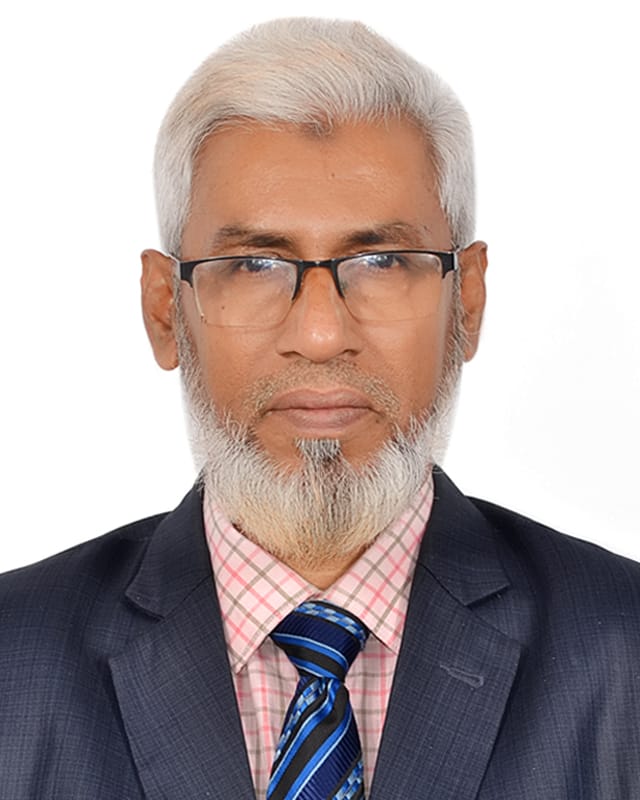
Dr. Dewan Azad Rahman: Among the leading figures of the subcontinent’s freedom movement, Sher-e-Bangla A.K. Fazlul Huq occupies a unique place. He was one of the architects of independent Bengal, a champion of the poor, a pioneer of Muslim awakening, the first elected Prime Minister of Bengal, and a leading political and social reformer. He was also one of the founders of the University of Dhaka and a visionary who worked for education and social justice.
A.K. Fazlul Huq was born on 26 October 1873 in Saturia village, Barisal district, in the family of Kazi Wajed Ali Huq. From childhood, he was an intelligent and brilliant student. He passed the entrance examination at the age of fourteen with distinction. Later, he completed his F.A. (Intermediate) and B.A. (Bachelor of Arts) from Calcutta University with excellent results, securing high marks in Mathematics, English, and Logic. In 1897, he obtained his M.A. and B.L. degrees and began his professional career as a teacher at the Kolkata City College.
After completing his law degree in 1900, he joined the Calcutta High Court as a lawyer and soon became a renowned barrister. In 1906, he participated in the founding session of the All India Muslim League held in Dhaka, marking his formal entry into politics. He was deeply moved by the plight of the rural poor and Muslim peasants under British rule and started working for their welfare.
In 1914, he organized the Bengal Provincial Muslim League and the Krishak Praja Committee (Peasants’ Committee) to improve the conditions of farmers. Later, he established the Krishak Praja Party (Peasants’ Party) in 1936, through which he won the general election and became the Prime Minister of undivided Bengal in 1937. During his tenure, he introduced various land reform and tenant protection laws to protect the peasants from the oppression of zamindars (landlords).
Sher-e-Bangla also made remarkable contributions to education. He believed that true freedom could only be achieved through education. He took active steps to expand modern education among Muslims and rural people, who had long been deprived of learning opportunities. As Education Minister (1924–1926), he implemented several important policies to promote education among the masses.
He played a key role in establishing Dhaka University and several other educational institutions in Bengal. He was the first to emphasize primary education for all, including free schooling for underprivileged children. He also introduced government support for madrasa education and modernized the curriculum to balance religious and secular studies.
After the Partition of India in 1947, Sher-e-Bangla served as Chief Minister of East Pakistan and continued to work for the welfare of common people. He was deeply committed to communal harmony and equality among all citizens.
A.K. Fazlul Huq passed away on 27 April 1962, leaving behind a legacy of leadership, compassion, and reform. His contributions to education, social justice, and political empowerment continue to inspire generations in Bangladesh.





